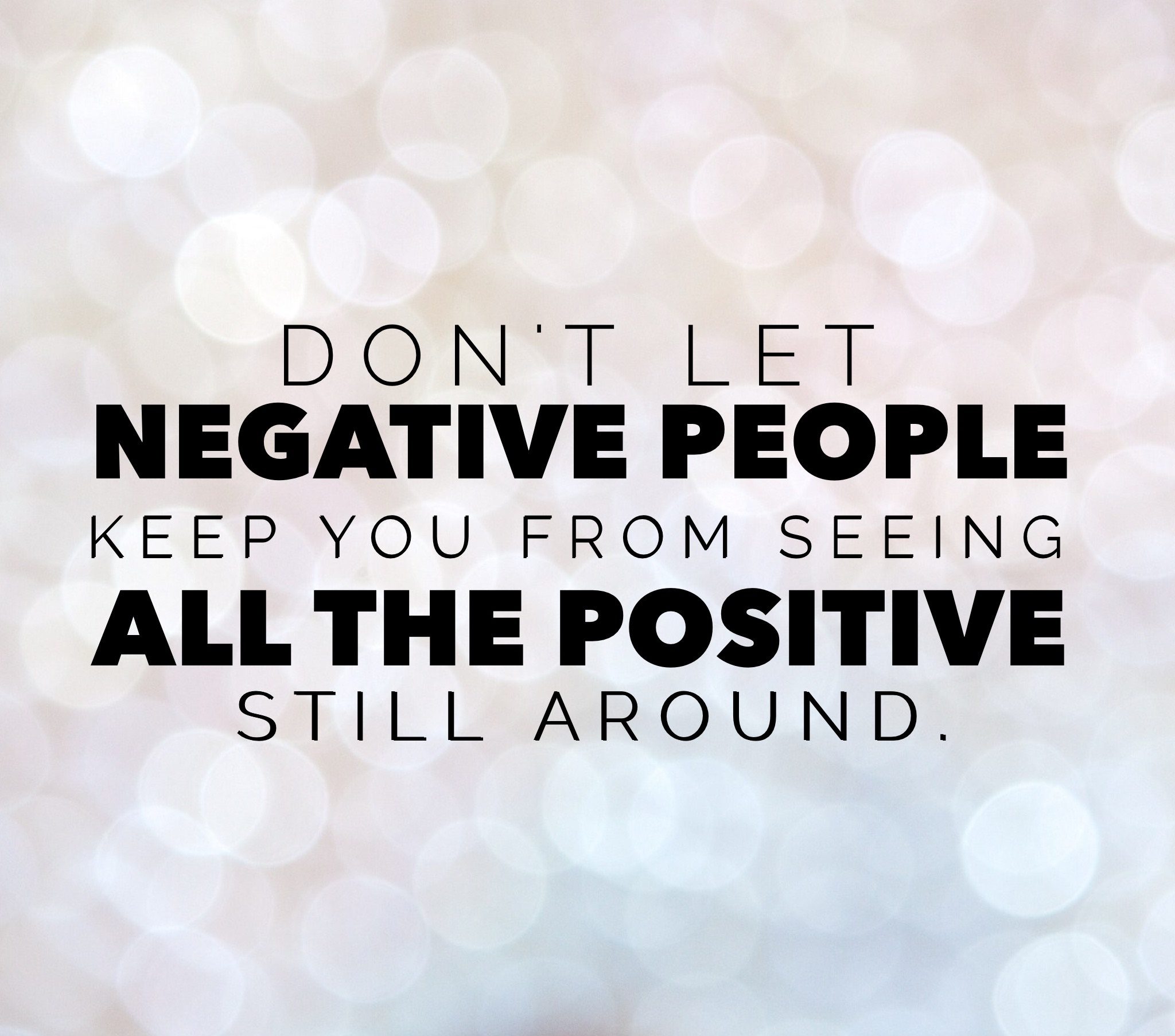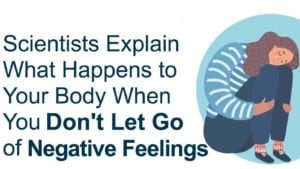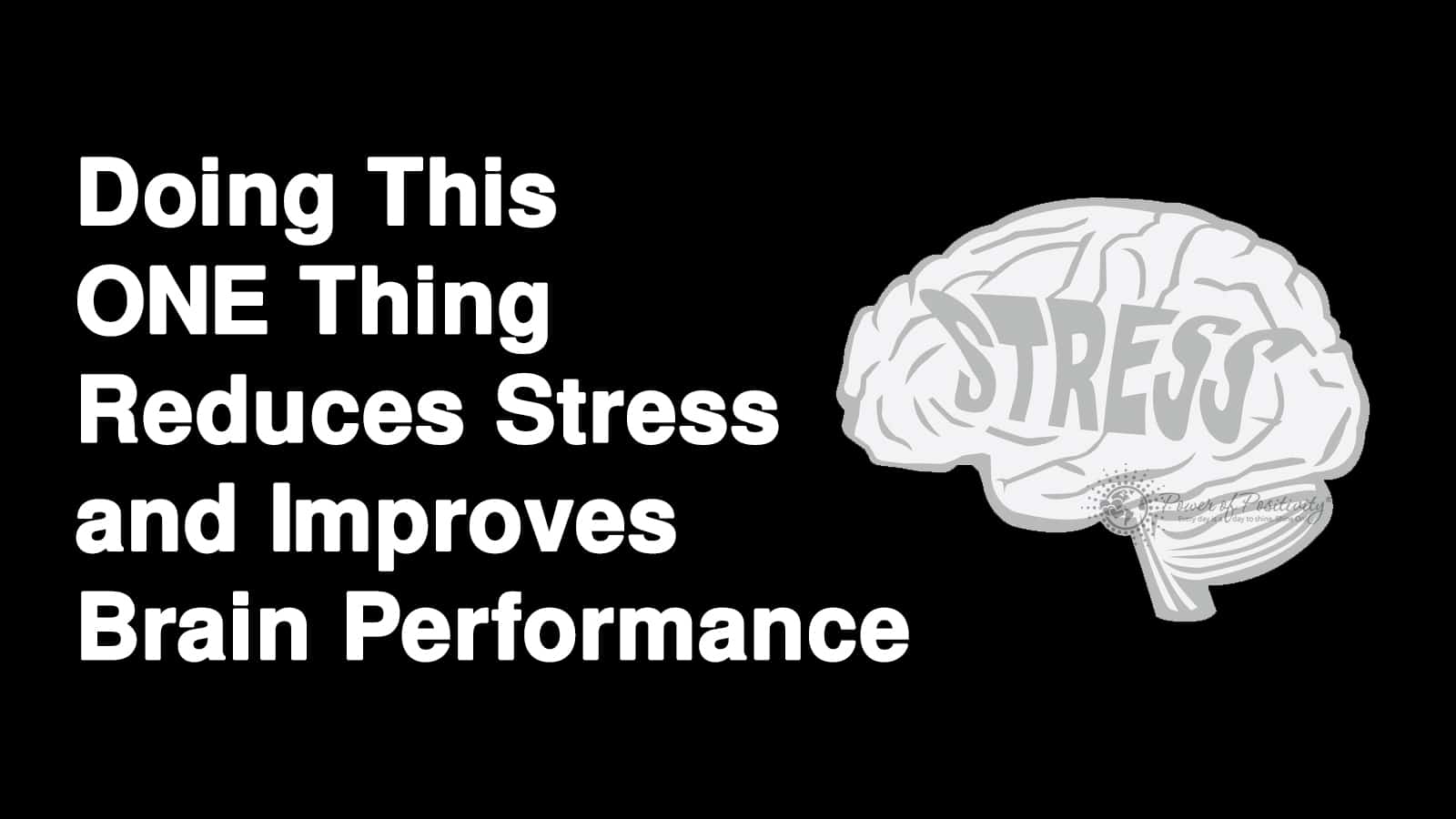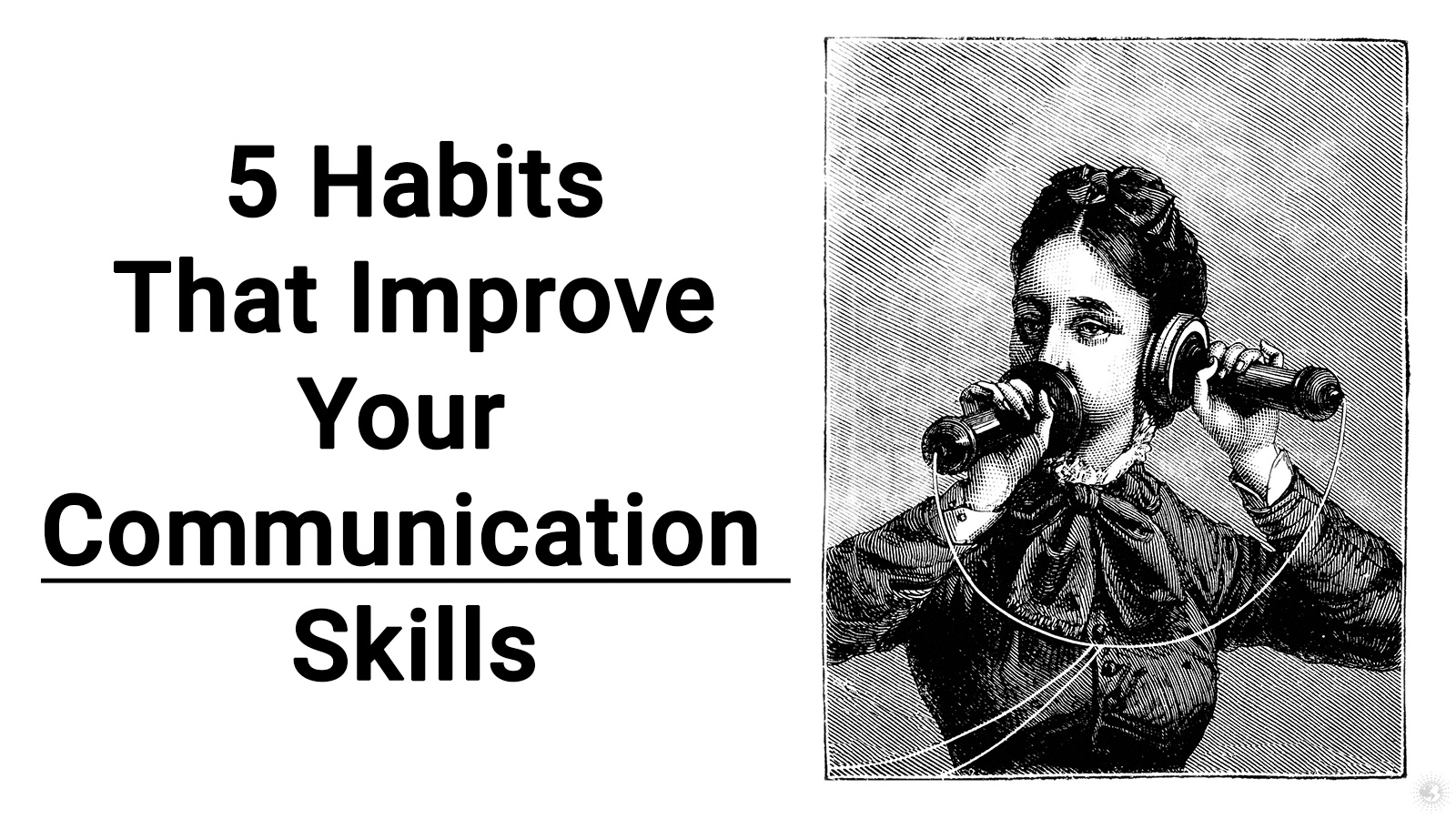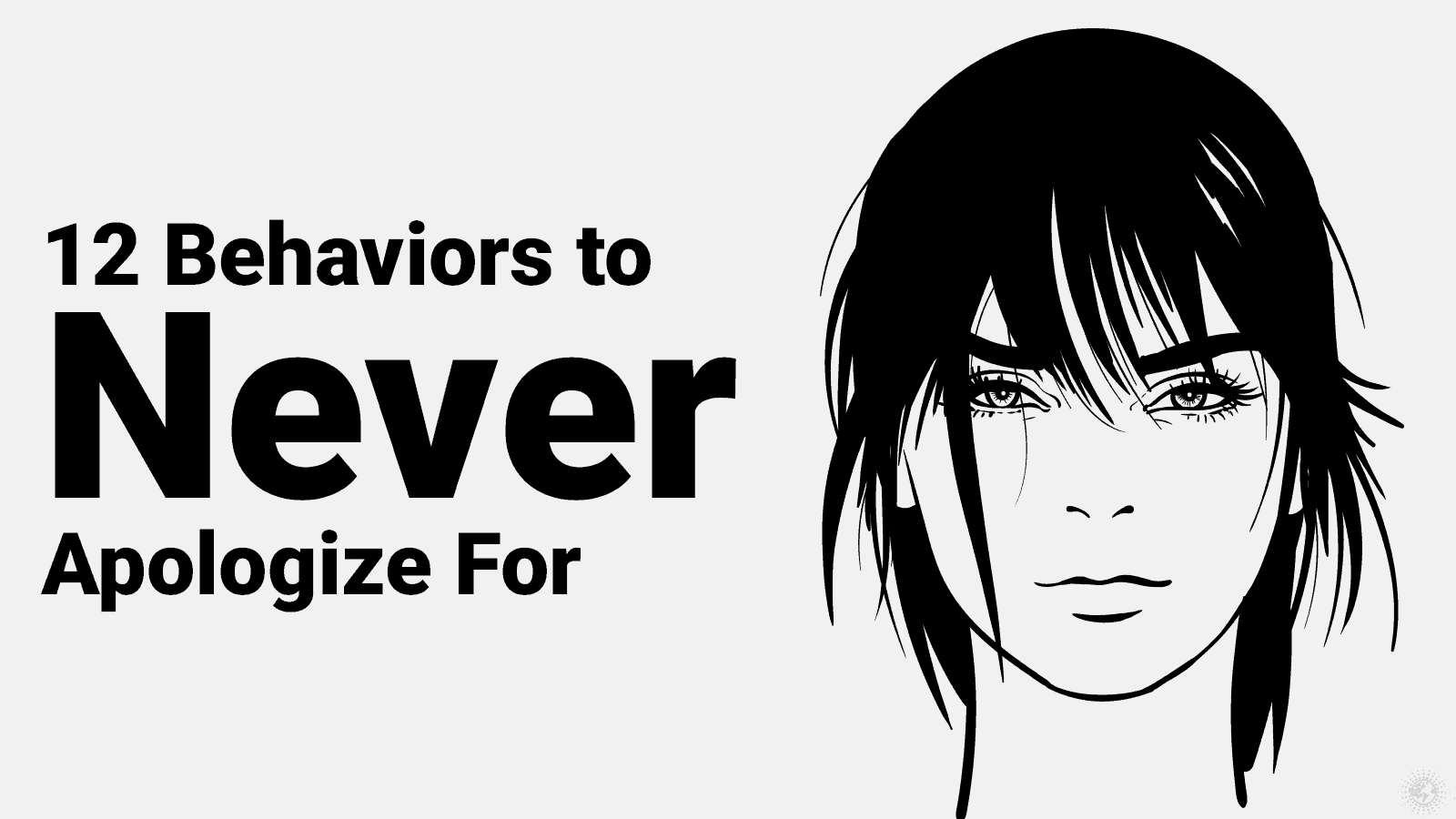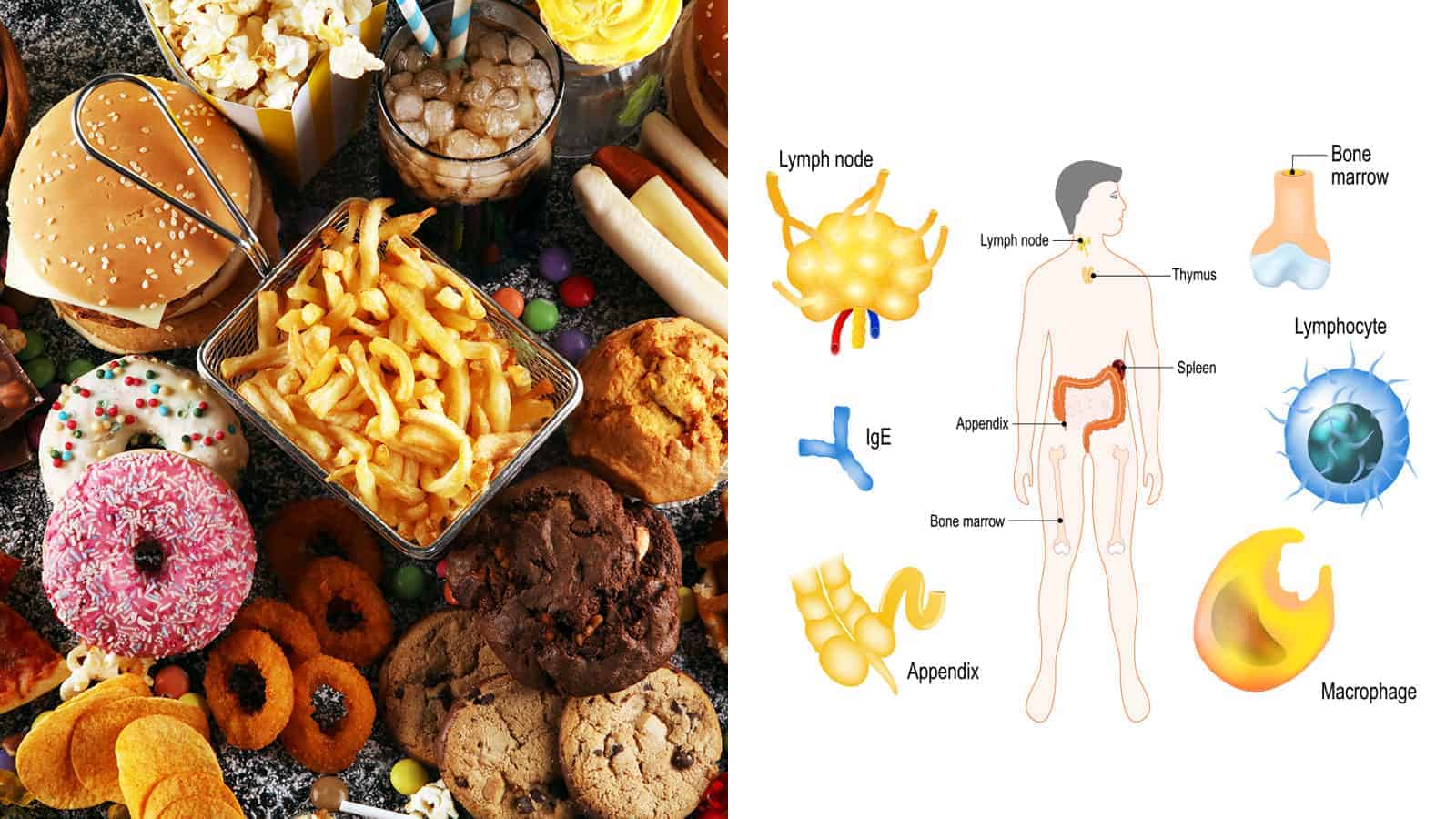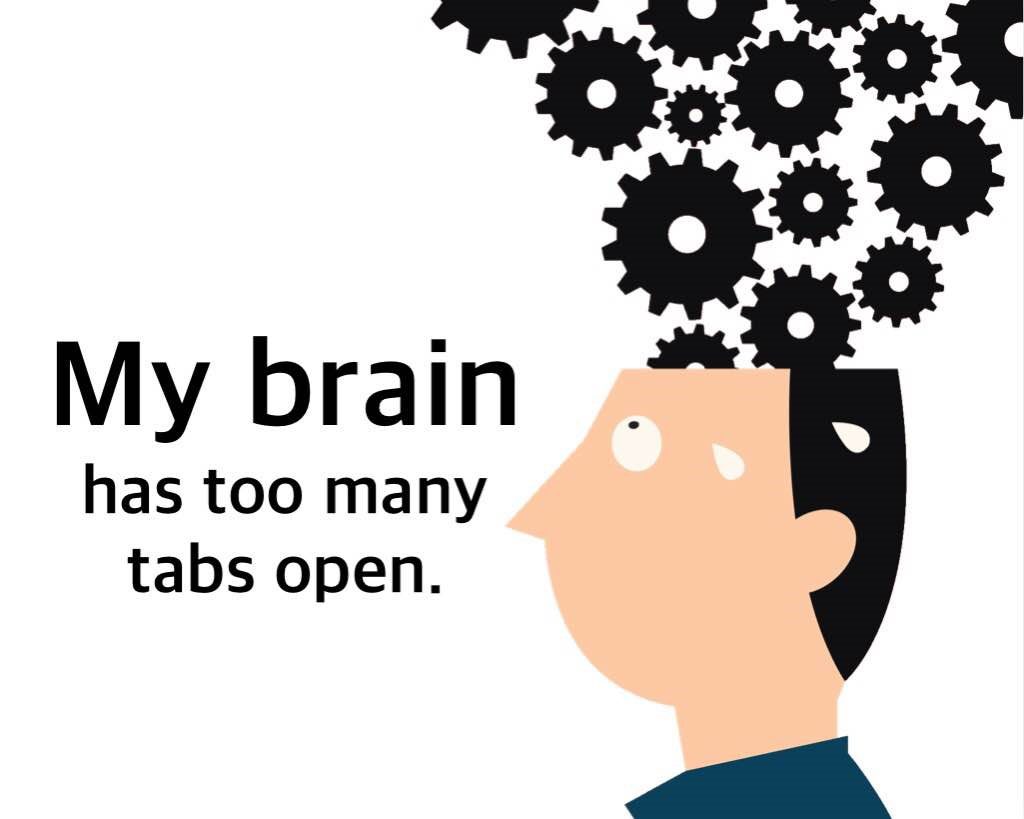Do you feel like happiness eludes you? Are you known as a chronic worrywart among your friends and family, who always makes fun of you for thinking of the worst-case scenario?
Maybe people know you as having a short fuse because you get angry easily. All of us have certain dispositions that drive our overarching behaviors and feelings, but those inherent personality traits don’t have to rule our entire lives.
A lot of people sweat the small stuff because they have simply picked up bad habits, or let the negative energy of the world get inside of them. However, overreacting or feeding off of negativity becomes taxing on our minds and bodies, and can even lead to chronic stress, heart attacks, and other health problems. If you want to stop letting little things affect your happiness, start by following these simple tips.
8 Ways to Stop the Silly Things from Stealing Your Happiness:
1. Don’t make a problem bigger than it really is.
So, the barista at your favorite coffee shop made a hazelnut latte instead of white chocolate mocha. Does that mean your whole day is ruined? Of course not. People make mistakes sometimes; they wouldn’t be human if they didn’t. Instead of overreacting, just point it out to him or her and say you understand – you could even make a joke about it to lighten the mood.
Remember, this whole human experience naturally comes with imperfections and disorder, because life is simply an experiment. We all came here to learn and grow, and that involves failing, making mistakes, and adjusting to whatever happens.
2. Take your mind away from the problem.
Any time something happens that could adversely affect your mood, immediately do something else to take your mind off of it. This might seem irresponsible, but it actually shows great accountability for your own well-being. It means you will come back to the issue later when it seems stale and less serious.
Put on some happy music and dance around your house, even for just a few minutes. Then, come back to the problem and see if you feel the same way about it that you did before. Chances are, everything will seem way less serious, and you will probably find a solution much faster since you have given yourself a chance to cool off and regroup.
3. Remember that life is fleeting.
Do you really want to spend the majority of your time worrying about trivial matters that steal your joy? Probably not. So, zoom out and look at the bigger picture. We only have a limited amount of time here in these bodies, having this human experience. Why waste it fixating on problems that we create in our heads? Most problems don’t even exist unless we draw our attention to them.
Remember that bills, money, jobs, possessions, and disagreements are all temporary. Focus on what really matters, and forget about all the distractions that detract from your happiness.
4. Adjust your attitude.
“The problem isn’t the problem, it’s your attitude about the problem.” – Ann Brashares
We assign labels to experiences based on our perceptions of them. For example, if we identify something as “bad,” it becomes a problem, which means we have subconsciously deemed that experience as undesirable. So, if we don’t desire it, why give it any more attention than it deserves?
Move on from the issue, and look at it as a challenge overcome rather than a lingering annoyance in your life. If you become irritated easily, you need to look within and see what energetic blockages you need to chip away at in order to let more happiness into your life.
5. Eliminate major stressors in your life.
If you have a lot of minor problems in your life, you probably have bigger issues that contribute to these smaller complications. Think of it like a tree: the trunk connects to lots of smaller branches that stem from the biggest part of the tree. The roots give life to the tree itself, giving it support to grow. In just the same way, your thoughts represent seeds, and the quality of seeds you plant determines how the tree (actions) will manifest in your life. If you have a lot of happiness in your life, the trunk of the tree symbolizes the greatest source of your fulfillment, and this joy results in other, smaller opportunities for happiness to arise.
If you have a cloud of darkness over your head, however, you need to figure out the predominant stressor, or problem, in your life, and come up with ways to solve it. This way, you can eliminate the smaller issues as well, and allow thriving trees (situations) into your life instead.
6. Simplify your life.
Maybe you have a lot of obligations, too much stuff cluttering your space, or complicated love life. Whatever the case might be, try to live as simply as you can. Whittle down your commitments and daily to-do list until it becomes more manageable. Get rid of extra possessions that you don’t use any more, and keep relationships in your life that serve your best interest. Leading a simple life eradicates the breeding grounds for silly problems.
7. Talk about the problems with someone.
Maybe these small issues have been ongoing for quite some time, and you need someone else’s point of view to put things into perspective. Even if you feel like these problems don’t warrant getting another person involved, sometimes we just need to vent so we can clear our heads and move on from the situation. Talking about what bothers you with others can give you support and help you regain clarity in times of distress.
8. Help someone with bigger problems than you.
Offering our hearts and hands to those less fortunate can easily snap us back into reality once we see the incredible challenges others face just to make it through the day. Volunteer your time to help those who need food, shelter, or water, and that will quickly dissolve any problems you thought you had. As a society, we complain about inconsequential problems right and left, but some people struggle just to survive each day. Try to alleviate problems for other people, and yours won’t seem so serious anymore.
Join the discussion: How do you avoid letting the trivial stressors of life take your happiness? Share in the conversation below!


